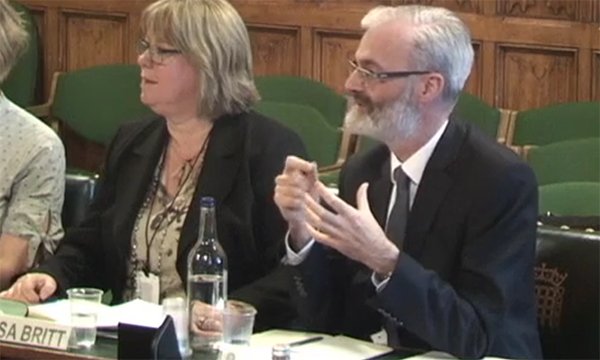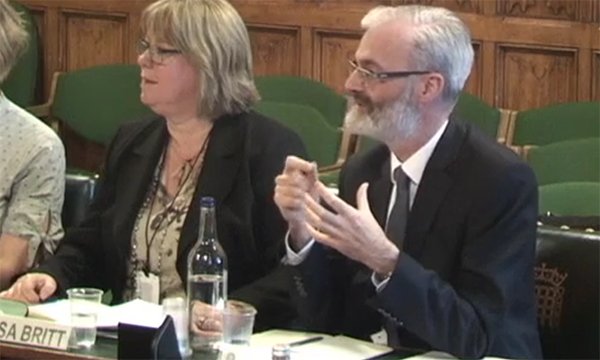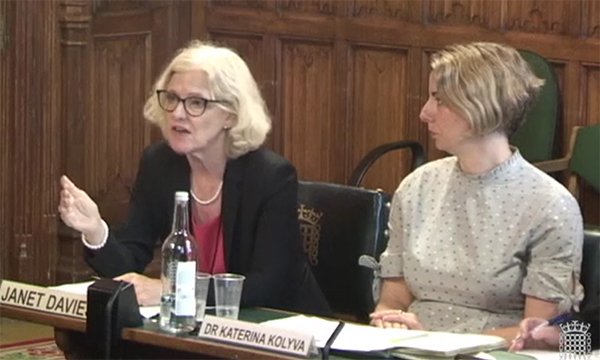Cost of nurse apprenticeships is too high for employers, MPs told

Commons education committee hears why nurse apprenticeship scheme is struggling to recruit
- Nursing apprenticeship scheme launched in September 2017
- Only 30 people started the course, but figure has risen to more than 100
- Goal is to have 1,000 on course per year
Nursing apprenticeships risk floundering because of the cost to employers and inflexibility in funding arrangements, health leaders told MPs.

The concern was raised in oral evidence to an inquiry by the Commons education committee into why so few candidates have signed up for nurse apprenticeships.
The government announced the role in England in 2016 as a way to encourage people to enter the profession and 'earn as they learn'.
A slow start
But the scheme has fallen flat from the start, with only 30 people taking a course when it began in September last year.
That figure has increased to more than 100, but is still well below the government's 1,000 per year target.
Although apprentices' university fees are funded by a tax levied on organisations over a given size, health service employers must meet the additional costs incurred.
NHS Employers chief executive Danny Mortimer told the committee the cost to an employer of training an apprentice was between £35,000 and £40,000 per year, for four years. This includes salary, the supervision of a senior nurse, and cover for the apprentice's 2.5 days per week away from work for learning hours.
Cost is the biggest factor
'It is a very expensive way of training a nurse,’ said Mr Mortimer, adding cost was the biggest barrier to employers taking on more apprentices.
‘The current policy and the Department for Education (DfE), to be frank, do not recognise the difference between a nursing degree apprenticeship and other degree apprenticeships,’ he said, pointing out that other degree apprenticeships only require one day a week of theoretical learning.
Inadequate supervision
RCN general secretary Janet Davies, also giving evidence, said the high nurse vacancy rate in England meant apprentices were not properly supervised.
‘Learners are not being supervised as much as they would expect to be,’ she said

She added that continuing professional development funding cuts exacerbated the lack of senior nurses able to supervise apprentices.
‘There’s no money to train these people who are going to be key in getting the apprenticeship to work,’ she said.
Council of Deans of Health executive director Katerina Kolyva said universities were waiting before offering apprenticeship courses due to education changes including the abolition of the nursing bursary.
Unreachable goals?
Conservative MP William Wragg posed the question: ‘How on earth are you, from next year, going to have 2,400 people entering this programme when at the moment you have 150?
‘I got the figure 2,400 by dividing the 17,000 figure that Health Education England projects you need by 2027. That’s a massive scale up.’
Mr Mortimer replied: ‘Without the flexibility in the levy, to be blunt we’re not going to get it.'
A DfE spokesperson told Nursing Standard: 'The government is committed to increasing the number of nursing apprenticeships – we fund up to £27,000 per nursing apprentice.'
The inquiry continues.
Related material
- Watch the Education Committee session in full
- Exclusive: nursing degree apprenticeships stalled by education changes and funding
- Higher education institutions increase nursing degree apprenticeships
In other news

